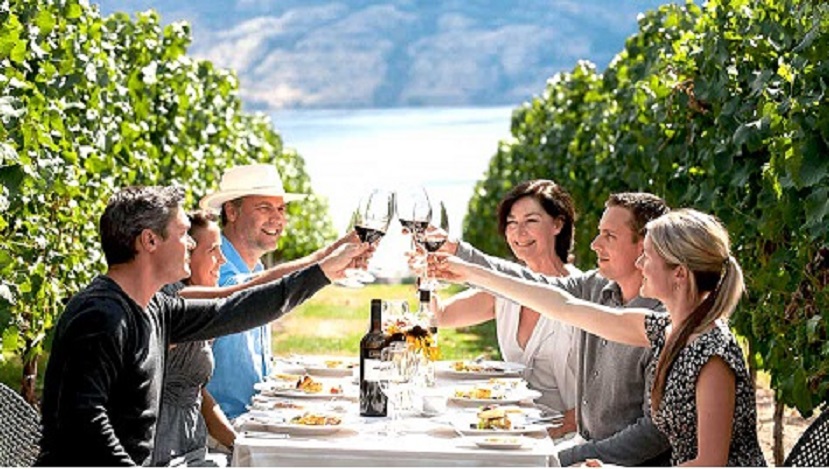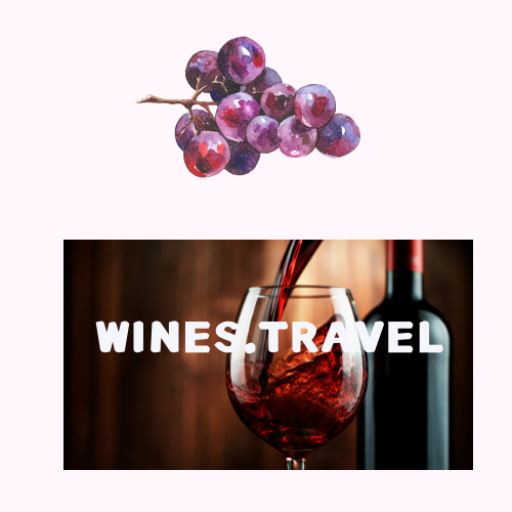
Wine tourism in Florida finally receiving long overdue attention
by Dr. Asli Tasci & Dr. Robin Back, Rosen College of Hospitality Management, University of Central Florida (UCF)
Wine tourism has attracted the attention of both practitioners and academics since the 1990s due to its potential for sustainable economic and social development of destinations. This increasing attention to wine tourism is also manifested through an increasing number of wine tourism events around the world, wine tourism organizations and associations, and wine tourism related journals, books and awards. In fact, similar to the UNWTO’s World Tourism Day and the USTA’s Tourism Week in the United States, there is now a United States Wine Tourism Day preceding the European Day of Wine Tourism. One of the first wine tourism conferences was held in Australia in 1998, with the number of wine tourism meetings increasing dramatically in recent years. The wine tourism events listed below allude to the extent of recent global attention to this segment of tourism internationally.
• First UN World Tourism Organization’s Global Conference on Wine Tourism, September 7-9, 2016, Kakheti Region, Georgia
• IMIC 2016 – 1st International Wine Tourism Congress, October 14, 2016, Santorini, Greece
• The Business of Wine and Food Tourism Conference, November 1-2, 2016, Stellenbosch, South Africa
• 2016 Wine Marketing & Tourism Conference – November 8-10, 2016, Fredericksburg, Texas, USA
• International Wine Tourism Conference – IWINETC, March 28-29, 2017, Sicily, Italy
There are numerous wine and wine tourism associations around the world. A number of these associations include academic members, who conduct scientific research and publish in the journals founded or housed by the associations.
• Institute of Masters of Wine founded the Journal of Wine Research
• The American Association of Wine Economists founded and housing the Journal of Wine Economics
• Academy of Wine Business Research housing the International Journal of Wine Business Research (previously known as International Journal of Wine Marketing)
There is one such organization in Florida as well: Florida Wine and Grape Growers Association (FWGGA). However, there is no journal or any other academic publication outlet due to the fact that Florida wine tourism has not received any academic attention. Wine tourism has received ample attention in those states where climatic conditions enable the growing of wine grapes, e.g., California, Washington, New York. Although Florida does not have the climatic conditions to become a major wine tourism destination, it has more than 30 certified Florida Farm and Wineries, and a number of major wine festivals and events. Besides traditional grape wines, Florida wineries also produce wines from the native Muscadine grapes as well as from other fruits such as locally grown blueberries and pineapple. As the first wine producing state in the USA, it already has the necessary elements to develop a unique brand with wine tourism experiences alongside other tourism products.
Since this segment of tourism has received scant academic attention, we proposed a study to understand the current state of wine tourism in Florida, which has been fully supported and funded by UCF. The purpose of the study was to compare perceptions and attitudes of visitors and residents living around wineries.
Results showed that despite the high presence of wineries, wine tourism in Florida is not as well acknowledged as sea-sand-sun or theme park tourism by residents or visitors. Both residents and visitors visit wineries for diverse reasons, not just wine; some do not even drink wine. When learning about wineries, word-of-mouth is the most important information source for both visitors and residents. Florida wines are rated above the middle point on the 7-point scale measuring different wine image attributes including quality, sustainability, brand identity, labeling, and packaging. Similarly, Florida wineries are also rated above the middle point on the 7-point scale measuring the winescape quality and attractiveness. Residents and visitors agree on the top two attributes being cleanliness of facilities and friendliness of staff. They also agree on the least favorite being about the availability of local transportation. Interestingly, visitors reported a much more positive perception and attitude towards both Florida wines and wineries than residents. Furthermore, even though residents visited wineries more often, their satisfaction with the visit and likelihood to visit are less positive than what visitors reported. Nonetheless, resident support for wineries is positive overall, most important reason being wineries’ contribution to the local economy.
Florida wineries offer not only economic contribution but also the potential to diversify the tourism product portfolio of the Sunshine State. With their local heritage and culture as well as natural setting, wineries offer a different experience for visitors who mainly visit the state for sea-sand-sun or theme parks. Thus, developing Florida wine tourism will not only increase the diversity of the state’s tourism offering, but will also provide the opportunity for cultural, heritage, and rural tourism development in areas where economic regeneration is much needed. Both state and local level Destination Marketing Organizations need to help improving the marketing mix for wine tourism in the state.
